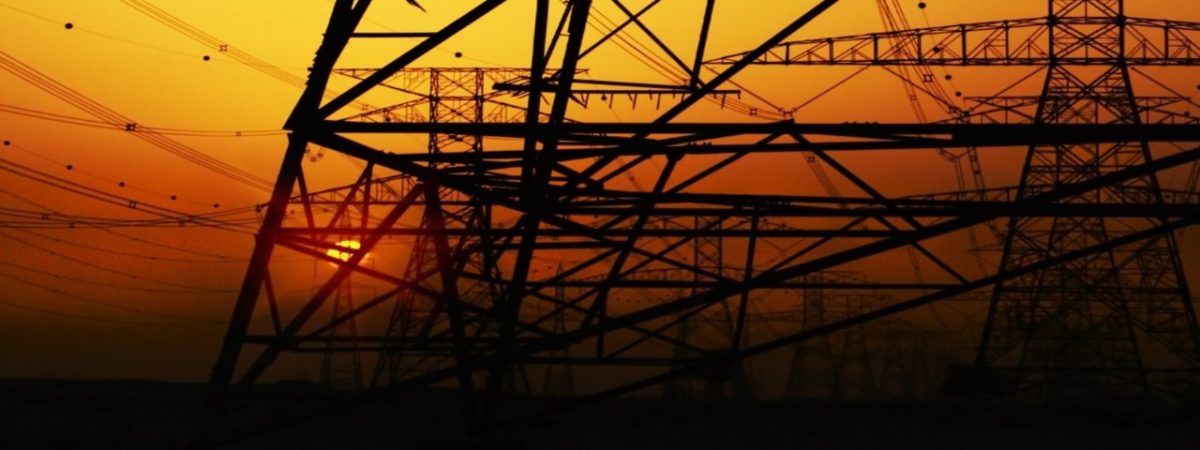De-politicising Airport Expansion
SUGGESTED

Government must step back from energy markets to lower prices

Government reforms to state pension age must go further and faster

Airport expansion must be wrestled from government’s hands, argues new report
- Opposition to air travel has never been about carbon emissions alone. Papers that criticise air travel often begin with a discussion of environmental impacts, but then quickly morph into an aesthetic critique of mass tourism, which is presented as tacky and vulgar. Stopping low-budget tourism through taxation, regulation and re-education quickly becomes an aim in its own right, rather than a necessary price to pay for the sake of limiting climate change.
- The liberalisation of air travel that began in the mid-1980s was a great free-market success story. The sector has grown at enviable rates, and air travel has become accessible to low- income earners. But as a consequence of this success, the sector is now bursting at the seams in the south-east, as airport capacity has become its bottleneck. The great inconsistency is that while air travel is generally left to market forces, airport capacity has remained a political issue.
- This paper does not propose a free-for-all in aviation. It recognises the existence of externalities, both globally (carbon emissions) and locally (noise).
- The issue of environmental externalities, however, has already been solved, and in fact ‘over-solved’. Rates of Air Passenger Duty (APD) already exceed estimates of the social cost of carbon, which simply means that air travellers are already overcharged for the modest environmental damage they cause.
- Aviation emissions are not just taxed through APD, but also capped in total, because the sector has now been included in the EU’s Emissions Trading Scheme (ETS). Each of these measures, APD and ETS, would in itself be sufficient to solve the environmental problems associated with air travel. Their combination represents environmental overkill, or more precisely, the overcharging of air travellers.
- Defenders of airport expansion no longer dare to defend leisure travel, and prefer to escape into a ‘global race’ rhetoric in which airport capacity is presented as a means to boost economic growth. This produces economically unsound arguments.
- At worst, the global race rhetoric can be construed as a justification for an industrial policy style approach to airport expansion, which involves the commitment of public funds. But the public sector has a poor track record as an airport investor. Spain’s ‘ghost airports’ serve as a reminder of the dangers of getting the public sector involved. Airport investment decisions should be left to the market, and taxpayers should never have to underwrite private investment risks.
- To get the national politics out of airport investment decisions, airports have to be given a means to find an agreement with those affected by their decisions, that is, the residents exposed to aircraft noise. The aim should be to create a framework for something approaching a ‘Coasean’ solution, in which residents could ‘sell’ the right to emit noise in exchange for a fee that they are free to set. That fee would be compensation for having to put up with noise, and its level would reflect the strength of residents’ aversion to noise. Airport activity would be redirected to the areas where people are least noise-averse, because these areas would charge the lowest compensation fees.
- The ‘Coasean’ solution is an abstract idea. One way to put it into practice is to delegate the power to approve or refuse applications for airport expansions to the local councils representing the noise-affected residents. The airport could couple its application with an offer for a compensation payment, and demand a local referendum on the proposal.
- A broader solution would be to adopt a more decentralised tax system more generally, thus ensuring that the tax revenue generated at and around an airport stays in the local area, rather than being transferred to the national level. The surroundings of large airports could then become ‘tax havens’: airports would account for a large share of the local tax revenue, so residents could enjoy both low taxes and excellent local public services/infrastructure.
- Supporters of airport expansion should stop hiding behind an instrumental defence of aviation, and openly make the case for air travel as a leisure industry. They should confront the mindset of ‘Malthusian miserabilism’ which characterises modern environmentalism. Environmentalists have become the latter-day heirs of the Duke of Wellington, who opposed railway travel on the grounds that it would ‘only encourage the lower classes to move about needlessly’.
The report was featured on BBC News, Sky News, ITV News, BBC Radio 5 Live, and over 30 regional radio stations. It featured in The Telegraph, The Daily Mail, London Evening Standard, City AM, The Yorkshire Post and The Independent.
Read the press release here.
2013, Discussion Paper 51.




